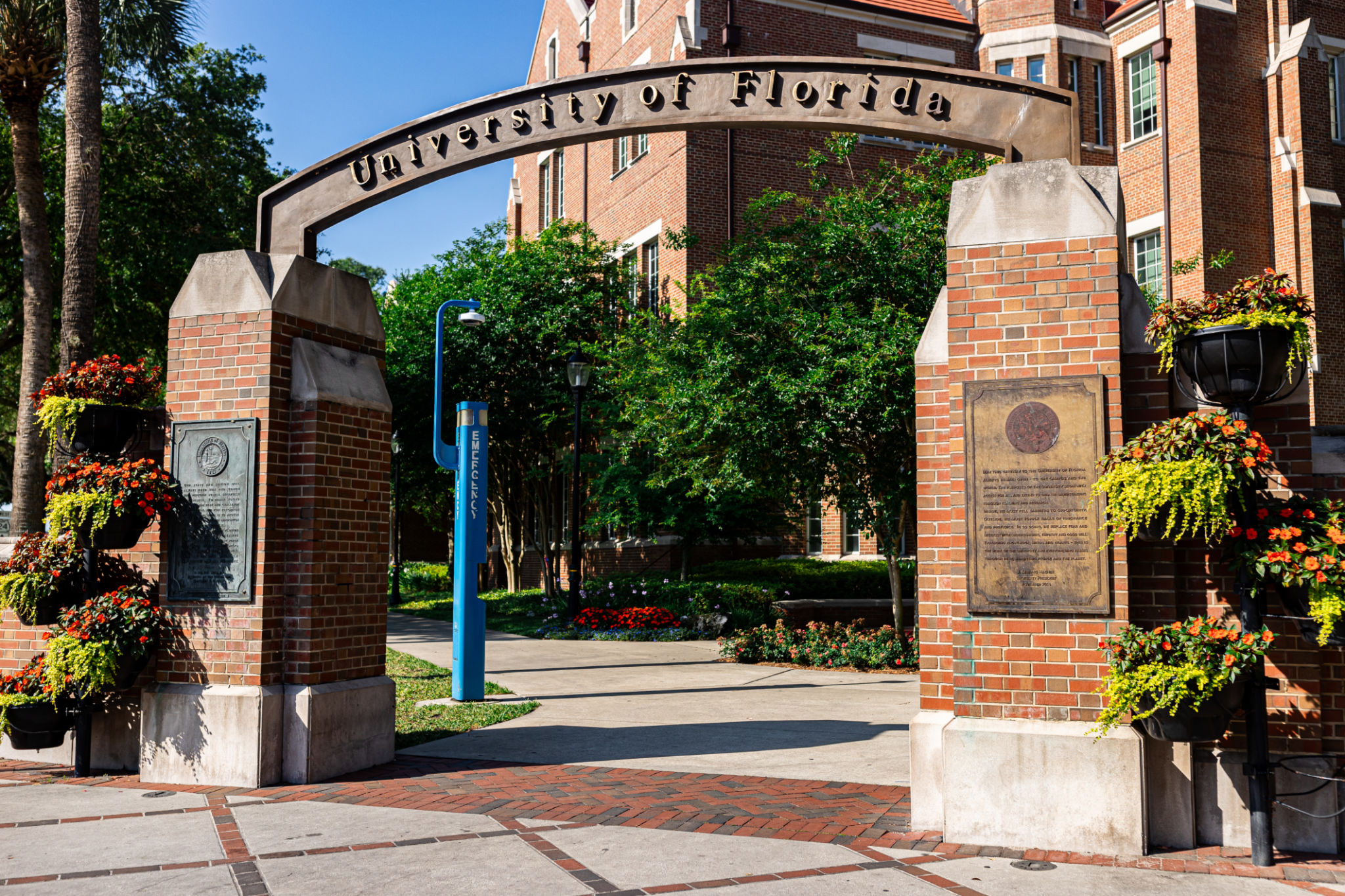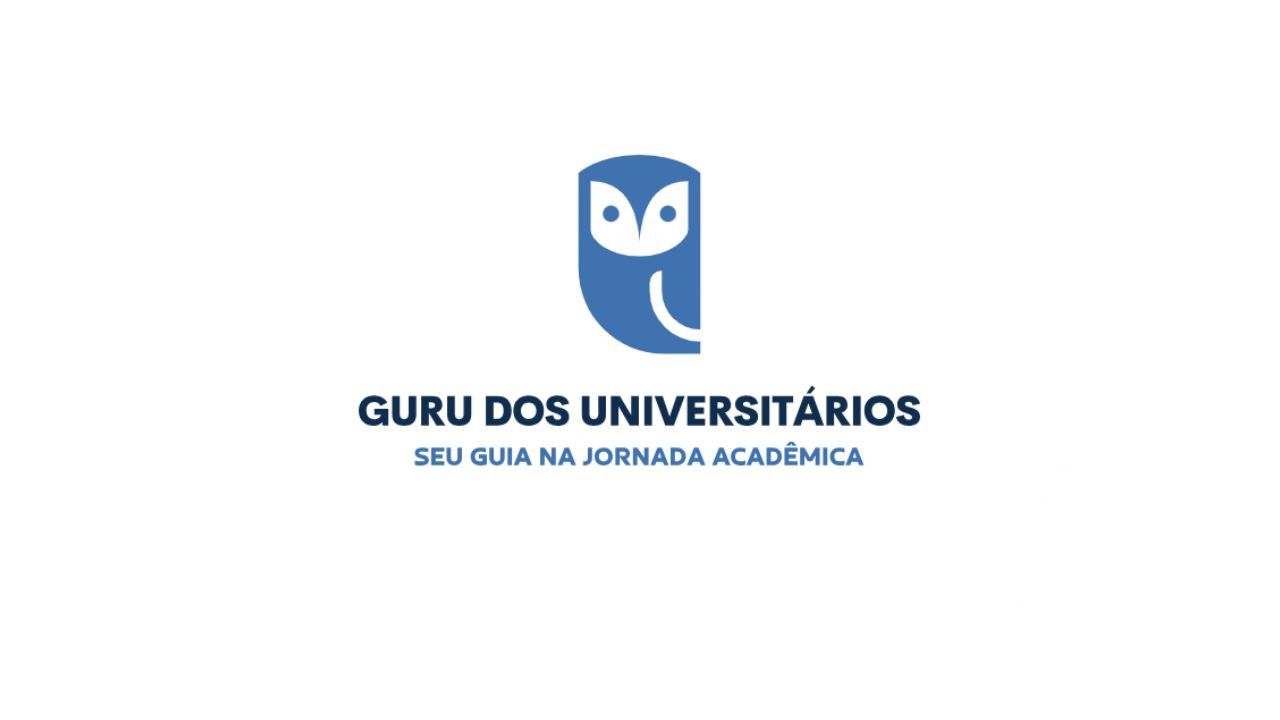Comparative Analysis: Public vs. Private Universities in Brazil
Introduction to Higher Education in Brazil
Brazil boasts a robust higher education system, offering a diverse range of options for students. Among these are public and private universities, each providing unique benefits and challenges. This analysis aims to explore the key differences between these two types of institutions, helping prospective students make informed decisions about their educational paths.
Funding and Cost
One of the most significant differences between public and private universities in Brazil is the source of funding. Public universities are primarily funded by the government, which allows them to offer tuition-free education to students. This makes them an attractive option for many, especially those from lower-income backgrounds.

In contrast, private universities rely on student tuition fees as their main source of revenue. This often results in higher costs for students attending private institutions. However, many private universities offer scholarships and financial aid programs to help alleviate these expenses.
Admission Process
Admission into public universities in Brazil is highly competitive. Students must undergo a rigorous entrance examination called the Exame Nacional do Ensino Médio (ENEM), which serves as a national benchmark for university entry.
Private universities, on the other hand, typically have more flexible admission processes. They often accept both ENEM scores and their own entrance exams, providing students with multiple pathways to gain acceptance.
Academic Reputation and Resources
Public universities in Brazil are renowned for their academic excellence and research contributions. They often have access to better resources, including state-of-the-art laboratories and extensive libraries, which contribute to their strong reputations.

Private universities, while sometimes lacking the same level of resources, are known for offering specialized programs and personalized attention to students. Many private institutions focus on practical skills and market-oriented courses that can enhance employability.
Campus Life and Extracurriculars
The campus life in public universities is vibrant, with a wide range of extracurricular activities available to students. These institutions often host numerous clubs, sports teams, and cultural events, fostering a rich student community.
Private universities also offer extracurricular opportunities, although they might be on a smaller scale. However, they often emphasize networking events and career fairs, providing students with opportunities to connect with industry professionals.

Conclusion: Choosing the Right Path
Ultimately, the choice between a public or private university in Brazil depends on individual preferences and circumstances. Prospective students should consider factors such as cost, academic reputation, available resources, and personal goals when making their decision.
Both public and private universities offer valuable educational experiences. By understanding the differences and weighing the pros and cons of each, students can choose the path that best aligns with their aspirations and future career plans.
